5 Sleep Habits Essential for Heart Health

(Family Features) In the days following a time change due to daylight saving time, research shows a marked increase in heart attacks and strokes. However, losing sleep anytime can be a major risk factor for cardiovascular disease.
“Getting a good night’s sleep every night is vital to cardiovascular health,” said Donald M. Lloyd-Jones, M.D., Sc.M., FAHA, past volunteer president of the American Heart Association and chair of the department of preventive medicine, the Eileen M. Foell Professor of Heart Research and professor of preventive medicine, medicine and pediatrics at Northwestern University’s Feinberg School of Medicine. “Adults should aim for an average of 7-9 hours and babies and kids need more depending on their age. Unfortunately, we know as many as 1 in 3 people do not get their recommended amount of sleep each night.”
According to Lloyd-Jones, the amount of sleep and quality of sleep are important, and both can have significant impacts on cardiovascular health, as well as overall health. In addition to increasing risk for cardiovascular conditions like heart attack and stroke, lack of sleep may also put people at risk of things like depression, cognitive decline and obesity.
Research in the “Journal of the American Heart Association” shows maintaining a consistent sleep pattern may play an important role in preventing cardiovascular disease. Researchers found falling asleep at different times or sleeping an inconsistent number of hours each night, even variations of more than two hours a night within the same week, were tied to developing hardened arteries, known as atherosclerosis.
“We know people who get adequate sleep manage other health factors better as well, such as weight, blood sugar and blood pressure,” Lloyd-Jones said. “The American Heart Association recently added sleep to the list of factors that support optimal cardiovascular health. We call these Life’s Essential 8 and they include eating a healthy diet, not smoking or vaping, being physically active and getting adequate sleep, along with controlling your blood pressure and maintaining healthy levels of cholesterol and lipids, healthy blood sugar levels and a healthy weight.”
Consider these small changes in daily habits that can make a big difference in sleep quality:
- Make healthy living a habit: Eat a balanced diet, get regular physical activity and manage stress to support a healthier night’s sleep.
- Set the alarm for morning and night: Stick to specific times to go to bed and wake up each day and commit to a consistent sleep schedule as much as possible. Along with a wake-up alarm, try a bedtime alarm to indicate it’s time to start winding down.
- Establish bedtime habits: Once your bedtime alarm goes off, move into a familiar ritual, like brushing your teeth, washing your face or taking a warm bath.
- Relax and unwind: Take a few minutes to destress. Consider reading, journaling, meditating or listening to music to ease into a good night’s rest.
- Take a technology break: A bedroom free of light and technology equates to better sleep, so keep your phone and other devices away from the bed. Try logging off your electronic devices at least an hour before bedtime.
Learn more about the importance of sleep for heart health at heart.org.
Photo courtesy of Getty Images
American Heart Association [tab]
Preparing Your Children for Kindergarten

(Family Features) Being ready for kindergarten is about far more than writing names and reciting the ABCs. It is also about building a foundation for deeper conceptual thinking, curiosity, creativity and social and emotional skills that can help children during their early school days and also in life.
For parents, this transition can be nerve-wracking and raise questions about how to best prepare their children for the next step in their educational journeys.
Dr. Lauren Starnes, senior vice president and chief academic officer at The Goddard School, and Lee Scott, chairperson of The Goddard School’s Educational Advisory Board, recommend helping children prepare for kindergarten through:
Building Strong Routines and Foundations for Learning:
- Language and literacy: Practice writing by making place cards for the dinner table. For younger children, it can be the first letter of each person’s name or fun scribbles on the card. Early scribbles are part of developing writing skills.
- Mathematics: Count while you work. Ask your children to put away toys. As they work, you can count the toys together.
- Science: Make yard cleanup fun. As you clean the yard, talk about the leaves and why they turn colors and fall to the ground. Pile them up and jump in.
- Executive function: Incorporate your children in planning for the family. Help your children stay organized with a daily or weekly chart. Have your children make the chart with you. For younger children, you can use drawings or pictures instead of words.
- Creative expression: Sing and dance while you work. Make up songs or repeat favorites as your children go through a few basic chores such as putting clothes away.
- Social-emotional development: Build a sense of responsibility and caring for others with real or pretend pets. Take the dog for a walk, feed the cat or water the pet rock. Taking care of a pet can help children develop a sense of responsibility and empathy for others.
- Healthy development and well-being: Daily routines help your children practice fine motor skills while doing a few chores, such as setting a table, helping you cook by mixing or stirring, putting their clothes on or brushing their teeth.
Incorporating Playful Experiences:
-
 Puzzles: Solving puzzles supports the development of skills such as concentration, self-regulation, critical thinking and spatial recognition.
Puzzles: Solving puzzles supports the development of skills such as concentration, self-regulation, critical thinking and spatial recognition. - Board games: Playing games provides a number of benefits for children, including supporting memory and critical thinking, helping them learn to take turns and count, and developing early language skills.
- Blocks: Block building supports creativity, cognitive flexibility, planning and organization. Take some time to build with blocks using different shapes and colors.
- Clay: Children need to develop fine motor skills beyond using devices. Few things are better for developing fine motor skills than modeling clay. Learning to sculpt with clay also builds creativity, artistic expression and strategic thinking.
- Recycled materials: Inspire creativity by finding things around the house to build with, such as cardboard, paper, paper towel rolls and plastic bottles.
For more actionable parenting insights, guidance and resources – including a webinar with Scott focused on kindergarten readiness – visit GoddardSchool.com.
Photos courtesy of Getty Images
The Goddard School [tab]
Recharge for Summer Fun with a Sweet Superfood
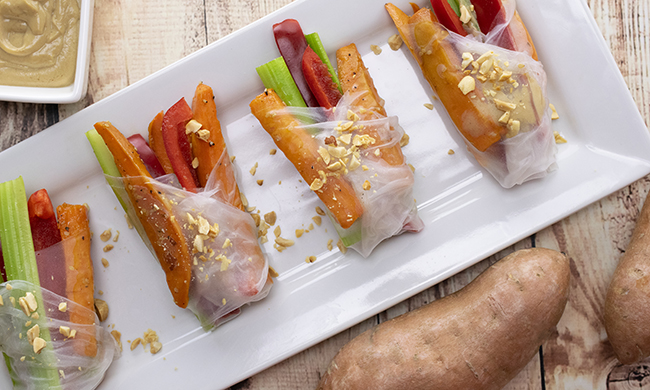
(Family Features) Summer adventures can often take people just about anywhere, from down the street at the neighborhood pool to across the country on a family road trip. Wherever the action takes you this summer, remember to stay refreshed and energized with easy snacks that provide the nutrition you need.
For example, these Sweetpotato Summer Rolls offer a flavorful way to recharge after some time in the sun. Made with peanut butter, celery sticks and North Carolina Sweetpotatoes, they’re ideal for serving your family following a day of fun.
Classified as a “diabetes superfood” by the American Diabetes Association, sweetpotatoes are rich in vitamins, minerals, fiber and antioxidants, all of which are good for overall health. Plus, they offer a natural sweetener without the added sugar.
Consider these additional sweetpotato facts as you prepare for summer excitement.
Versatile
As one of the most versatile vegetables that’s easy to add to a variety of recipes for enhancing flavor and nutrition content, sweetpotatoes can be a key ingredient in both simple or elevated and sweet or savory dishes. They can be cooked and prepared on the stove, baked, microwaved, grilled or slow cooked.
One-Word Spelling
“Sweetpotato” should be spelled as one word, even if you aren’t familiar with that spelling. In fact, the North Carolina Sweetpotato Commission deliberately spells it as one word (a practice adopted by the National Sweetpotato Collaborators in 1989) as a way for shippers, distributors, warehouse workers and consumers to avoid confusion with the equally unique and distinctive white potato or yam.
Shelf Life and Storage
Not only are sweetpotatoes abundant and found in just about any grocery store or farmers market, but they also have a long shelf life – up to 4 weeks if stored properly in a cool, dry, well-ventilated area away from heat sources.
Ideal for Athletes
Due to their high carbohydrate content, sweetpotatoes are solutions for both before and after exercise sessions. With complex carbohydrates that provide sustained energy and antioxidants that help reduce inflammation and aid in muscle repair, sweetpotatoes can elevate both endurance and recovery.
Find more summertime recipe ideas by visiting ncsweetpotatoes.com.
Watch video to see how to make this recipe!
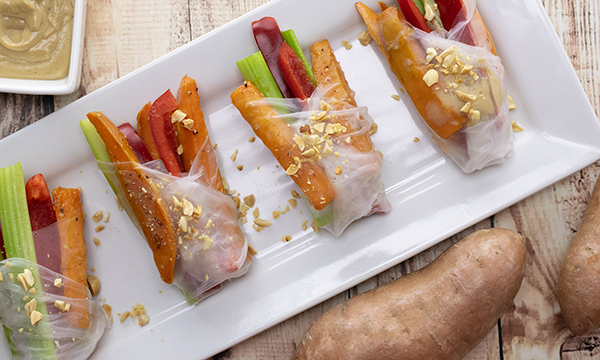
Sweetpotato Summer Rolls
Recipe courtesy of the North Carolina Sweetpotato Commission
Servings: 4
- 2 1/2 cups North Carolina Sweetpotatoes
- 2 tablespoons olive oil
- 2 teaspoons sesame seeds
- 3 tablespoons maple syrup
- salt, to taste
- coarse pepper, to taste
- 4 celery sticks
- 1 red pepper
- 2 tablespoons creamy peanut butter
- 1/3 cup hot water
- 1/4 cup soy cooking cream
- 1 tablespoon soy sauce
- 12 sheets rice paper (22-centimeter diameter)
- 2 tablespoons chopped, roasted peanuts
- Peel sweetpotatoes and cut into 1-centimeter thick strips.
- In skillet, heat olive oil. Fry sweetpotato strips 3-4 minutes, turning occasionally; sprinkle with sesame seeds, deglaze with maple syrup and boil down briefly. Season with salt and pepper, to taste, and let cool.
- Wash celery and red pepper; cut into strips.
- Mix peanut butter with water, cream and soy sauce.
- Let rice paper sheets swell according to package instructions.
- Spread strips of sweetpotato, celery and red pepper on top half of one sheet rice paper. Drizzle with sauce. Fold lower half over strips then edges.
- Repeat with remaining rice paper sheets and ingredients. Sprinkle summer rolls with chopped peanuts. Serve with remaining sauce.
North Carolina Sweetpotato Commission
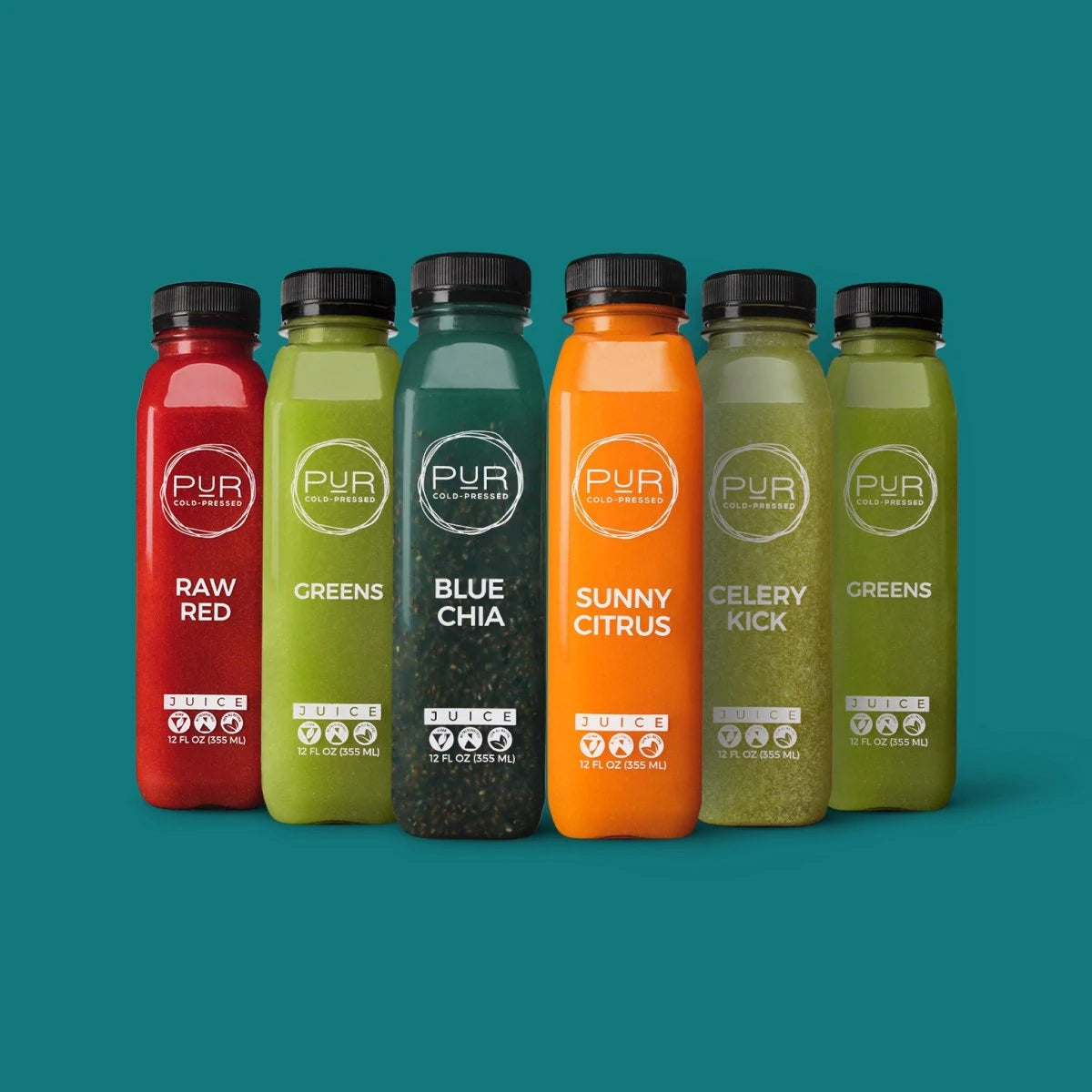
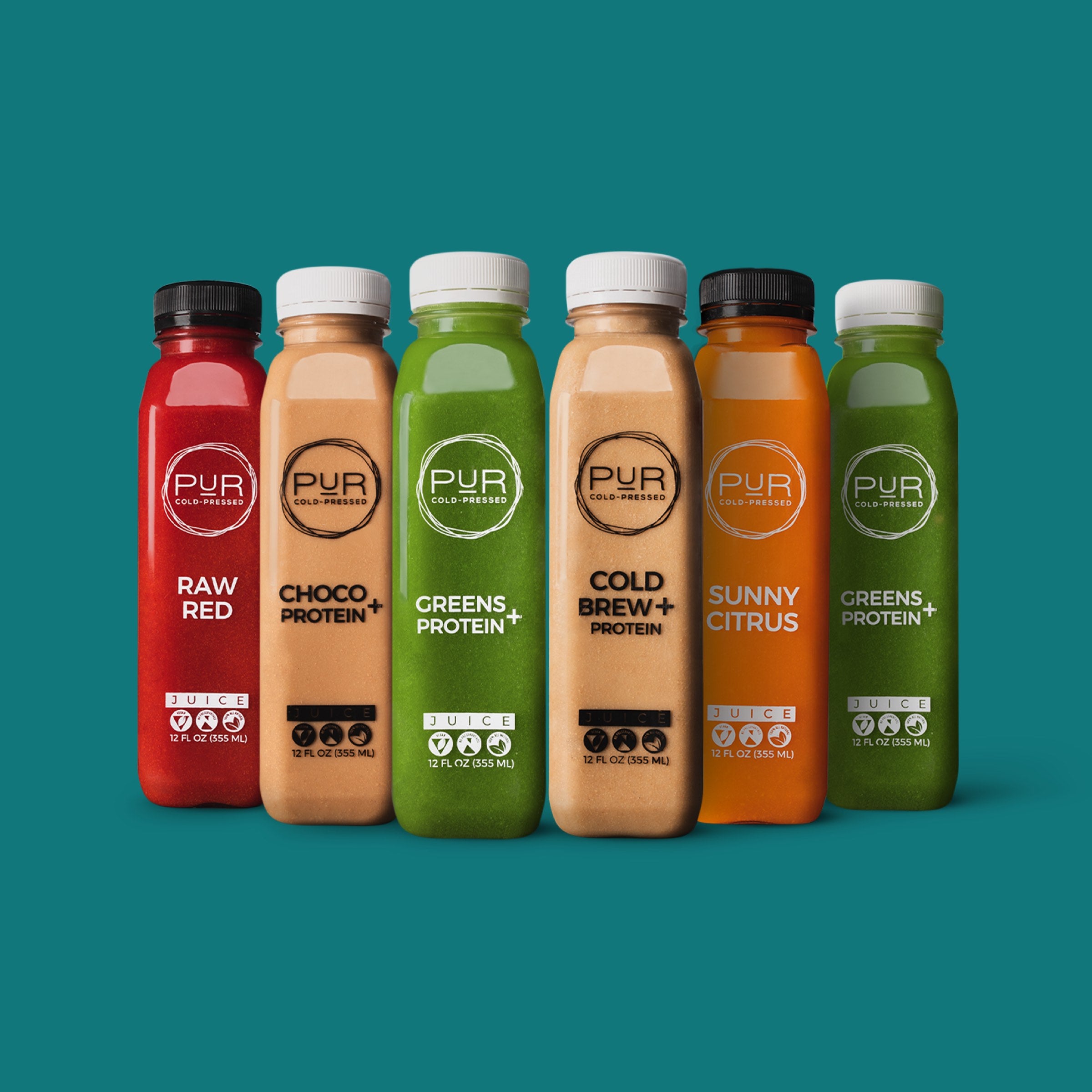

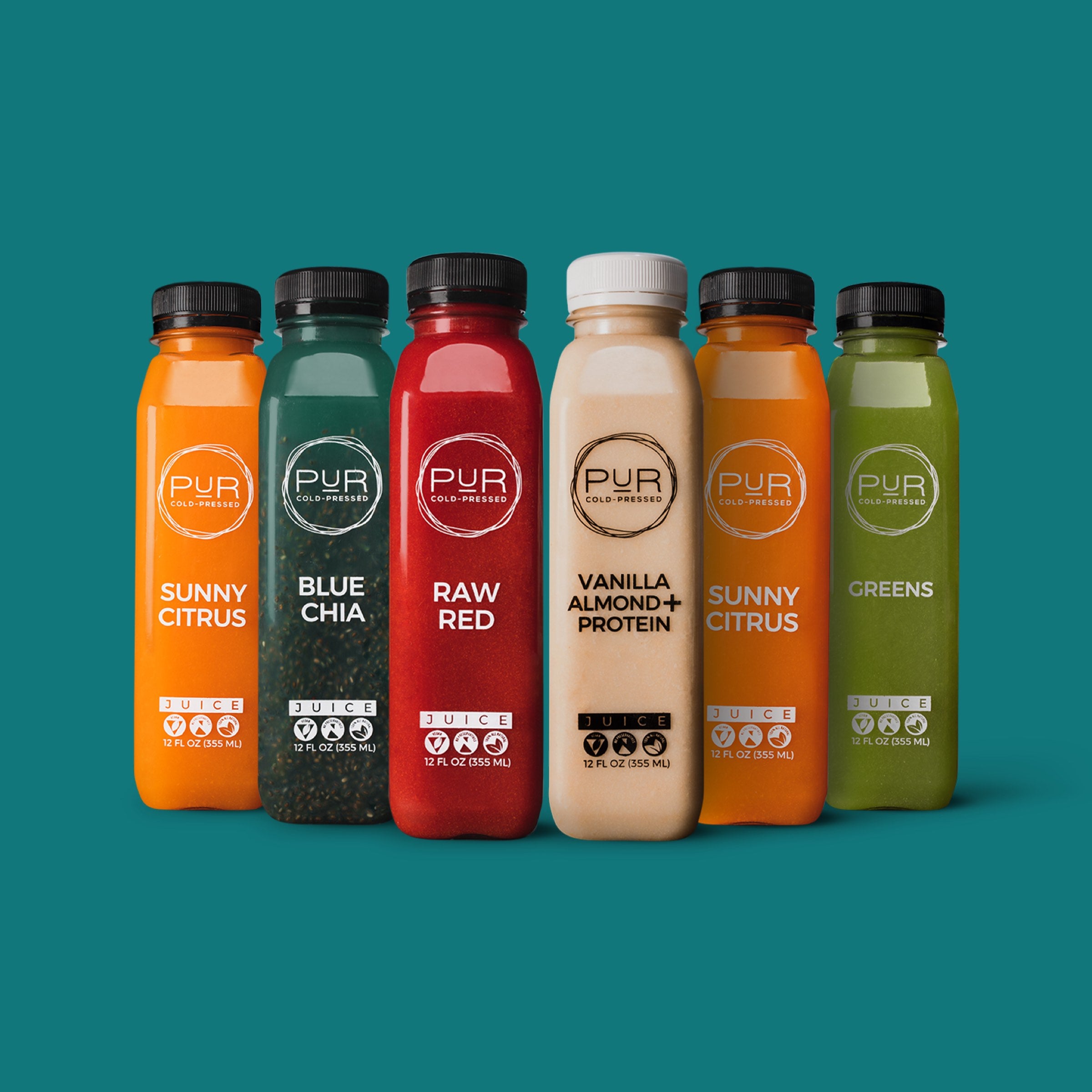

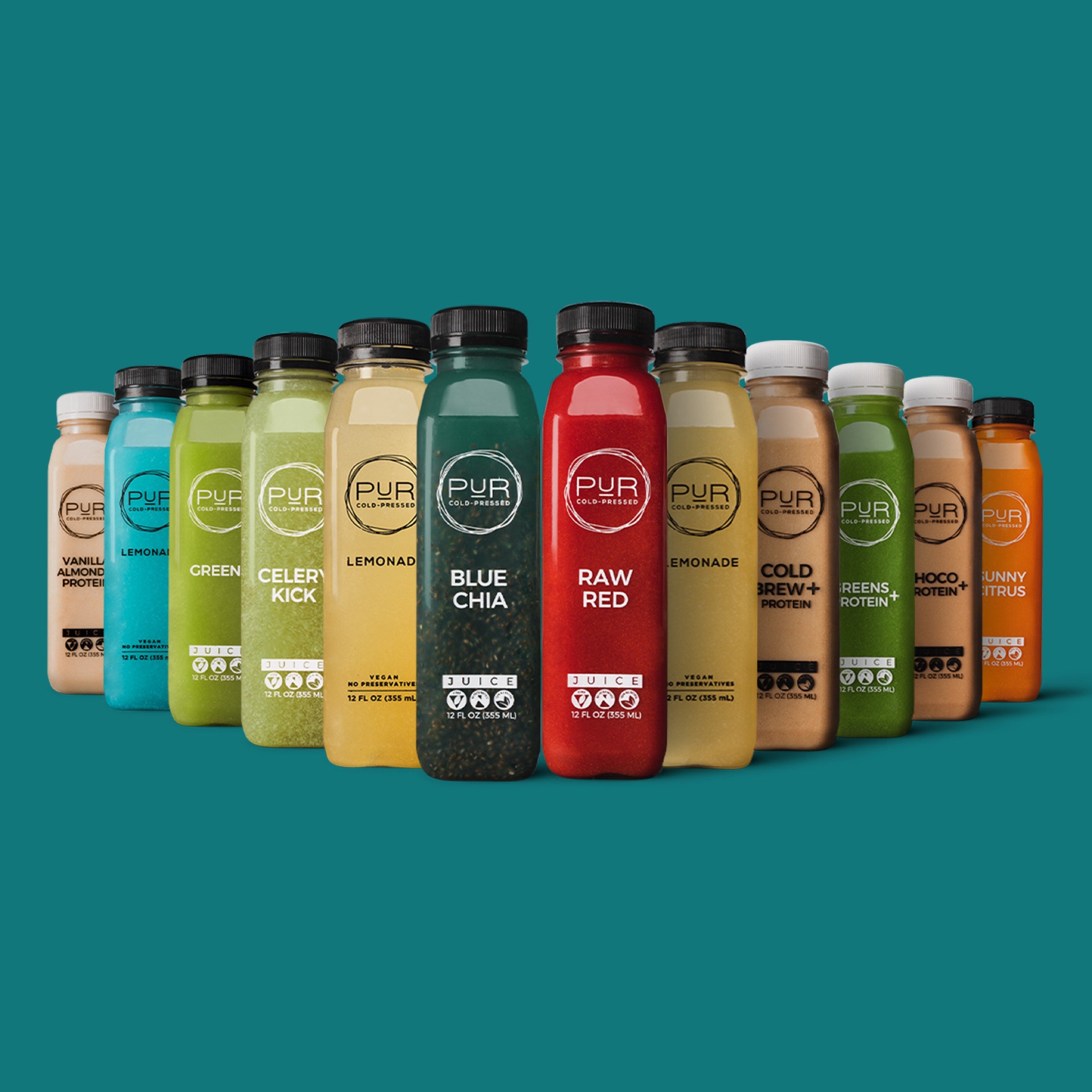

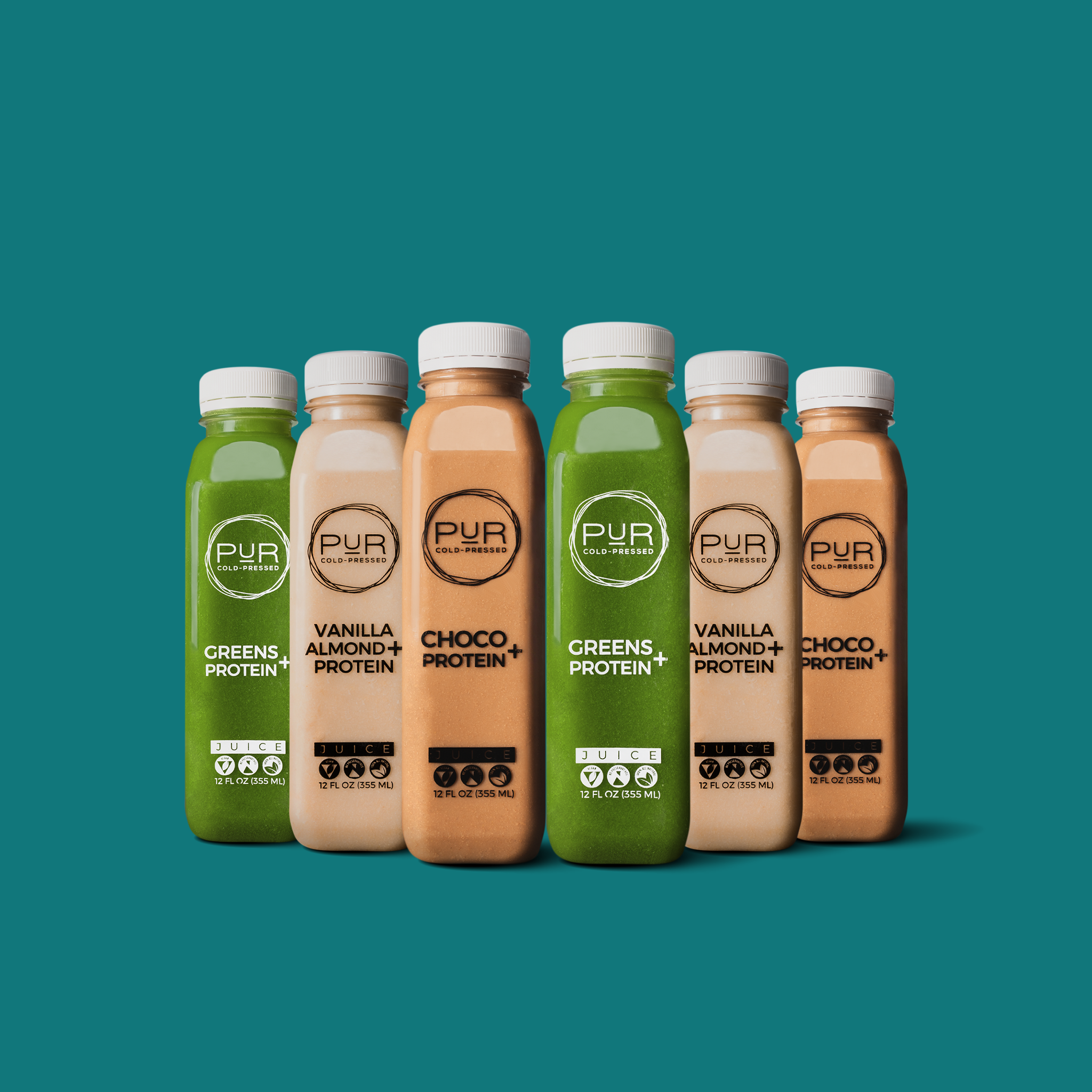
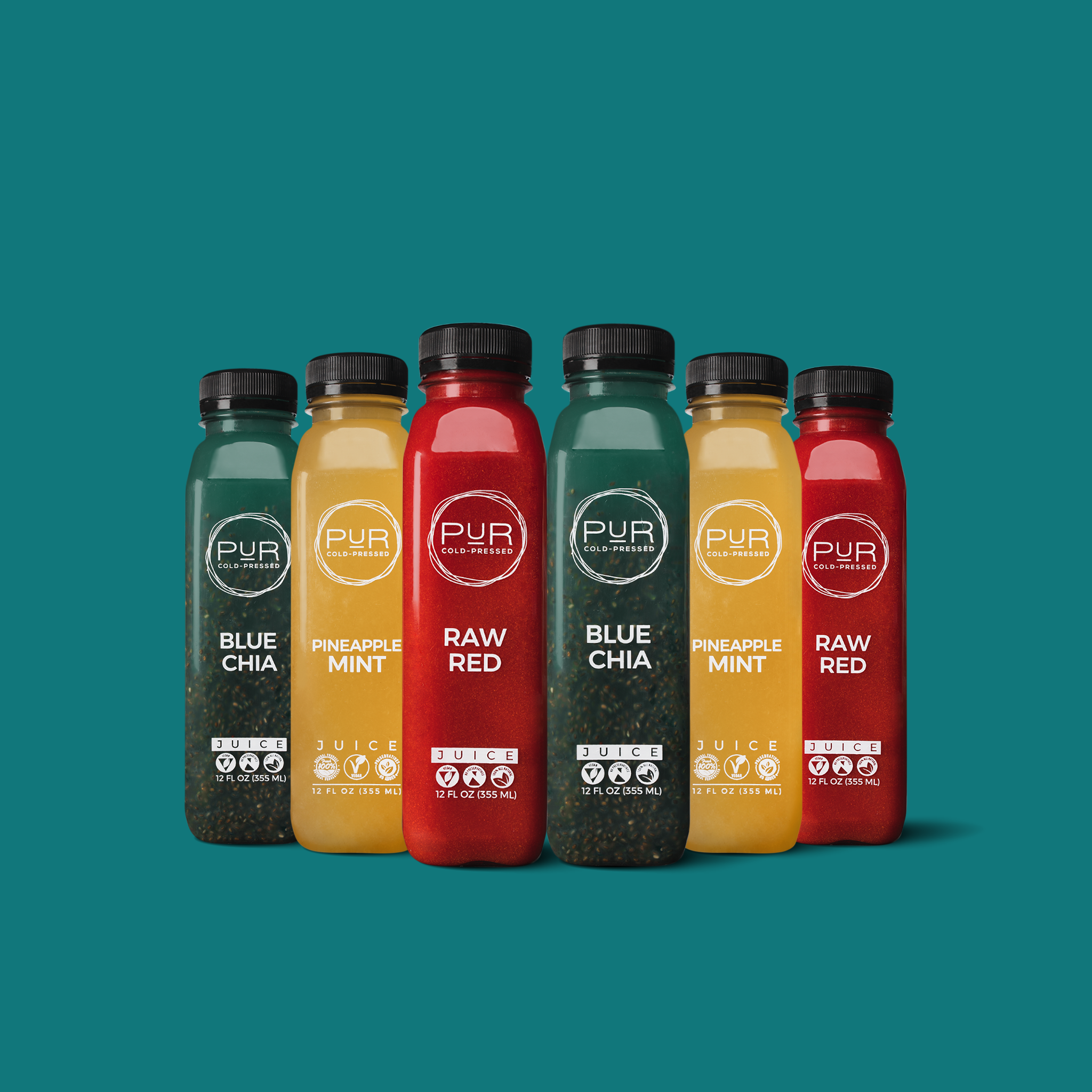
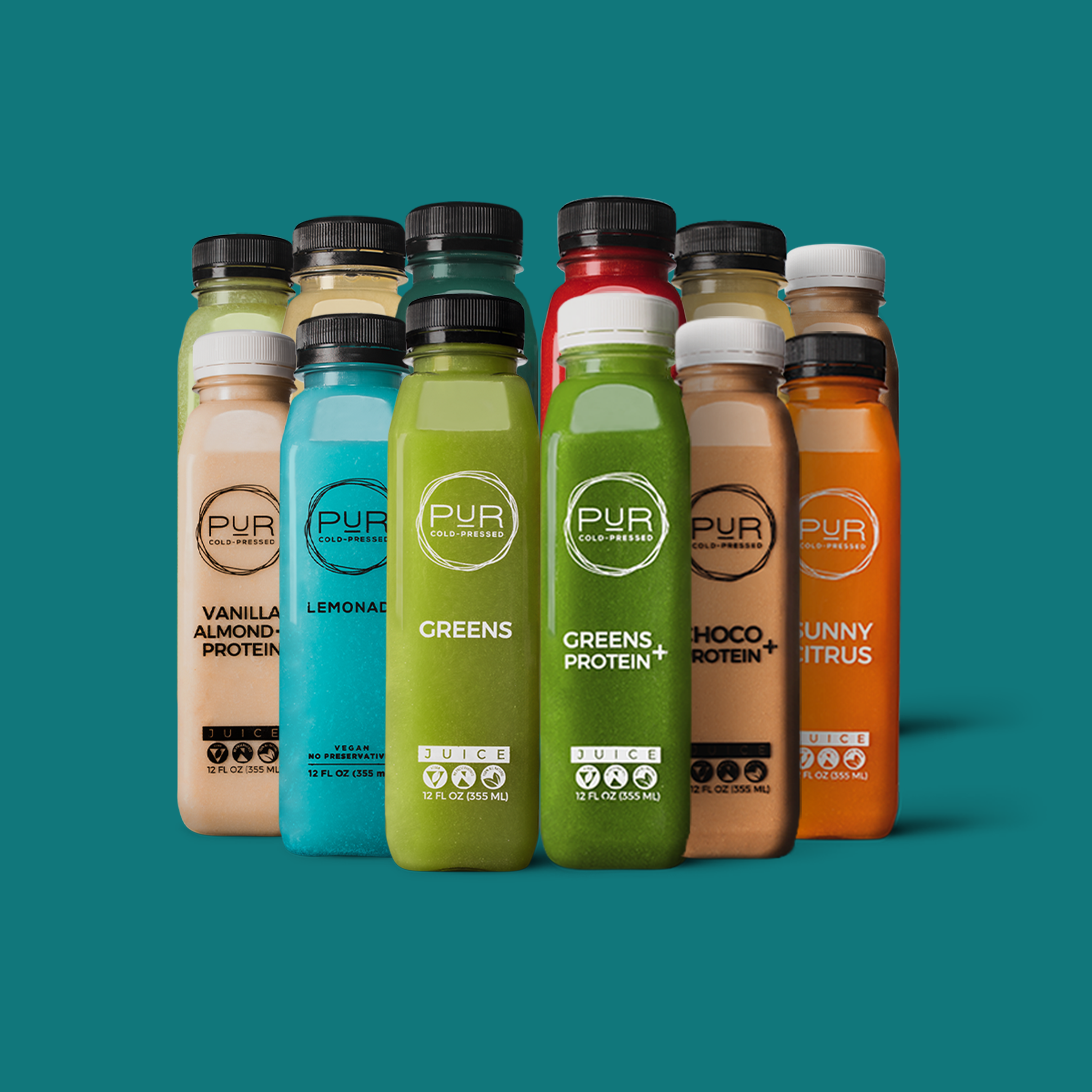



Leave a comment
All comments are moderated before being published.
This site is protected by hCaptcha and the hCaptcha Privacy Policy and Terms of Service apply.